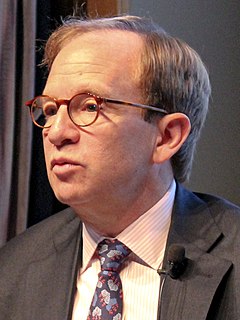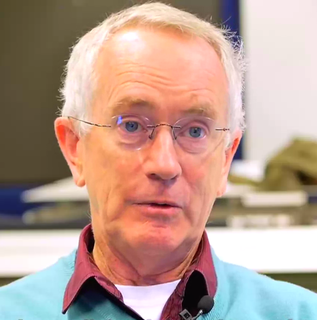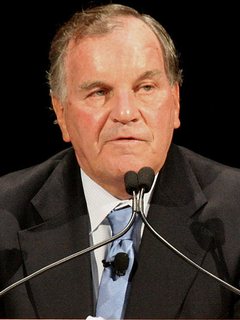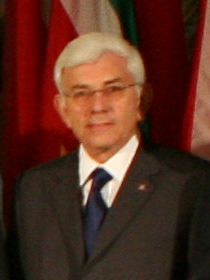A Quote by Steven Rattner
From the Left comes the proposition that, given the slow economy, we should defer attending to the problem of mounting obligations - and the truly delusional idea that growing federal debt doesn't matter because we owe most of it to ourselves.
Related Quotes
If you have a sane economy, and by sane economy I mean one which is not addicted to debt, not a Ponzi economy, then the change in debt each year should contribute a minor amount to demand. Therefore, if you tried to correlate debt to the level of unemployment you would not find much of a correlation. Unfortunately that is not the economy we live in.
Do not confuse "duty" with what other people expect of you; they are utterly different. Duty is a debt you owe to yourself to fulfill obligations you have assumed voluntarily. Paying that debt can entail anything from years of patient work to instant willingness to die. Difficult it may be, but the reward is self-respect.
I believe, as a matter of principle, that the debt is a problem that must be addressed sooner rather than later. I also know that fundamental changes are needed in the way Washington spends and taxes if we truly want a healthy economy. This must include changing our government's long-term fiscal path, which is unsustainable.
You don't pay back your parents. You can't. The debt you owe them gets collected by your children, who hand it down in turn. It's a sort of entailment. Or if you don't have children of the body, it's left as a debt to your common humanity. Or to your God, if you possess or are possessed by one. The family economy evades calculation in the gross planetary product. It's the only deal I know where, when you give more than you get, you aren't bankrupted - but rather, vastly enriched.
For Social Security to be financially sound, the federal government should have $100 trillion - a sum of money six-and-a-half times the size of our entire economy - in the bank and earning interest right now. But it doesn't. And while many believe that Social Security represents our greatest entitlement problem, Medicare is six times larger in terms of unfunded obligations.
Federal transfers are not even a zero-sum proposition; they are a negative-sum proposition, leaking value at every step of the way, thanks to the costs of collecting federal tax dollars, then trickling them back out to the states' own costly bureaucracies via federal paper-pushers who write and oversee grant programs.
The PUP came into office in 1998 when the public debt of Belize was over $600 million and the economy was at a standstill. When we left office in 2008, ten years later, the debt was higher, but a lot was accomplished: the economy was transformed and the social and physical infrastructure of the country significantly upgraded.

































